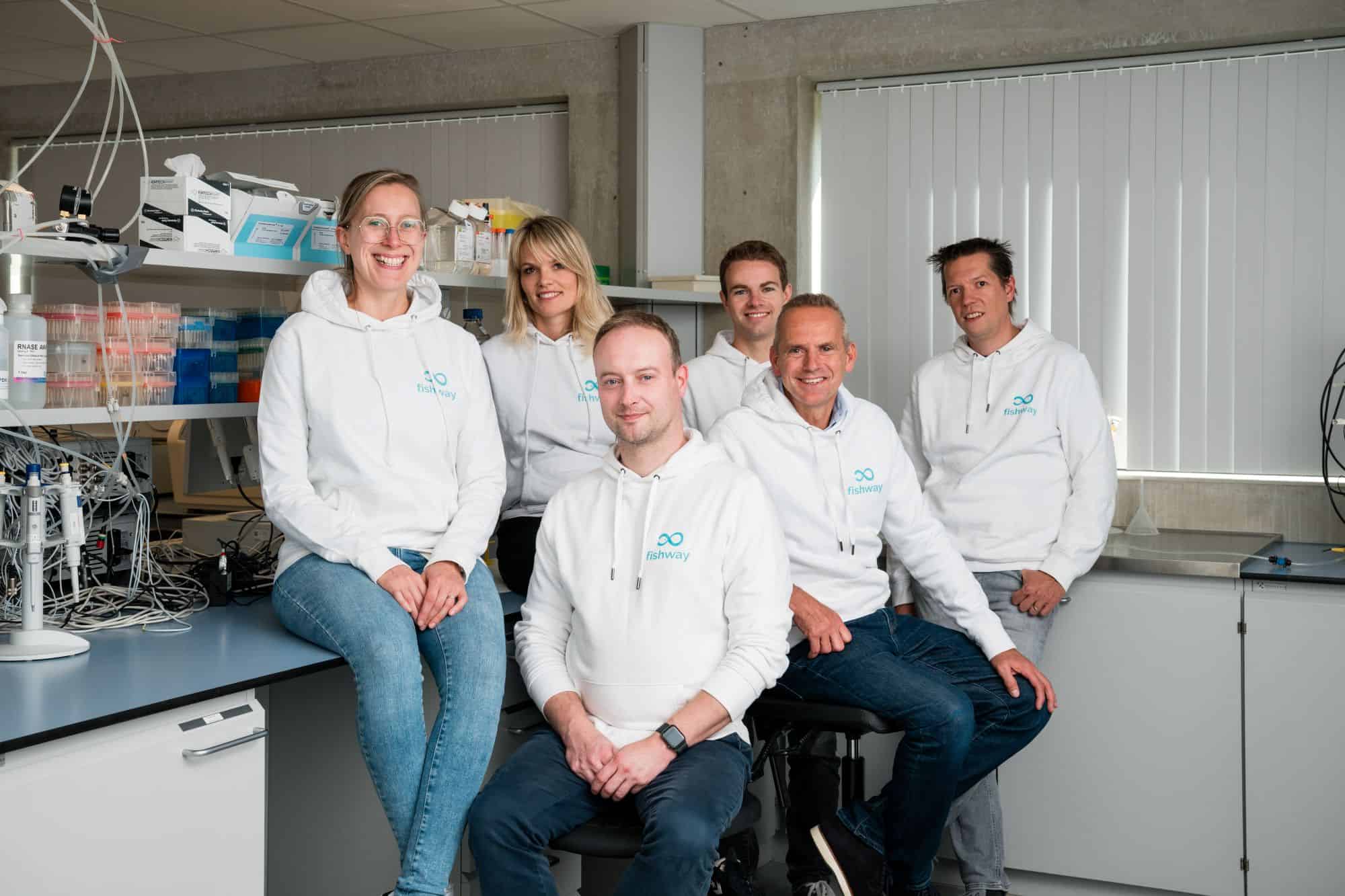A new study published in npj Science of Food presents an innovative approach to cultivated meat production, using Aloe vera as a natural scaffold to grow bovine fat tissue. This breakthrough could help make cultured fat production more scalable, cost-effective, and sustainable—especially for hybrid plant-based and cultivated meat products.
While Aloe vera is best known for its use in skincare and food, researchers are now exploring its potential in cellular agriculture. The study highlights Aloe vera parenchymal cellulose (AVPC)—a byproduct of the cosmetics and beverage industries—as a promising, food-safe material for growing bovine mesenchymal stem cells (bMSCs). Thanks to its porous and water-absorbing structure, Aloe vera cellulose supports cell growth by retaining moisture, promoting cell attachment, and aiding in tissue development.
Unlike synthetic or animal-derived scaffolds, Aloe vera parenchyma offers a naturally structured, edible, and biodegradable alternative. The byproduct’s neutral taste, texture, and fibrous composition make it particularly appealing for cultivated meat applications, potentially reducing costs and aligning with clean-label food production.

Cultivating fat chunks for enhanced meat alternatives
The study shows that bovine stem cells (bMSCs) successfully grow on Aloe vera scaffolds, forming dense, tissue-like structures. By adding oleic acid to the cell culture, researchers encouraged the formation of lipid droplets, essentially creating fat deposits that closely resemble bovine fat. This fat is key to enhancing the taste, texture, and juiciness of plant-based meat alternatives, helping to bridge an important sensory gap in the market.
To test the scalability of this method, the researchers used a macrofluidic single-use bioreactor (MSUB) to cultivate the Aloe vera-based scaffolds. Unlike conventional bioreactors, the MSUB improves aeration and nutrient flow while minimizing mechanical stress on the cells, leading to more consistent fat tissue growth. The study suggests that this system could make large-scale cultivated meat production more efficient and cost-effective by lowering capital investment and streamlining the process.
Implications for the cultivated meat industry
This study presents a novel and practical solution for addressing key challenges in cultivated meat production:
- Cost reduction: Utilizing Aloe vera byproducts lowers material costs and aligns with circular economy principles.
- Scalability: The integration of MSUB technology supports industrial-scale production.
- Improved product development: Fat tissue cultivated on Aloe vera scaffolds can enhance hybrid plant-based meats, making them more appealing to consumers seeking realistic alternatives to conventional meat.
By repurposing existing agricultural byproducts and leveraging scalable bioprocessing technologies, Aloe vera scaffolds may help bridge the gap between lab-scale research and market-ready products, providing a potentially viable pathway to sustainable protein solutions.




